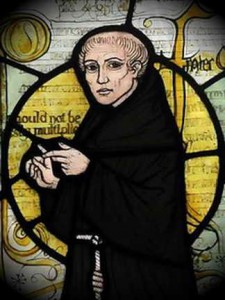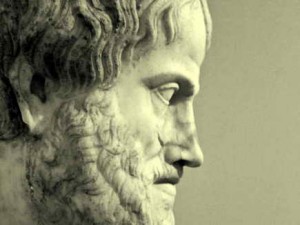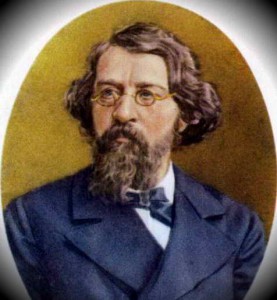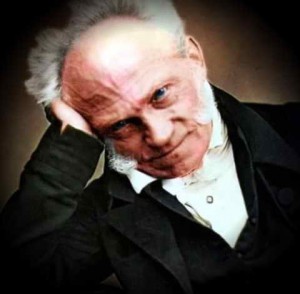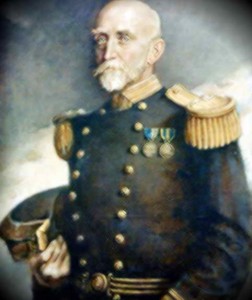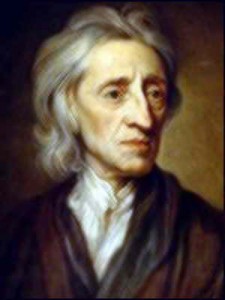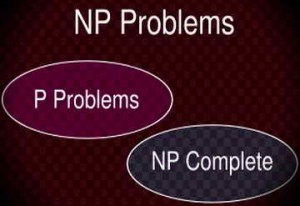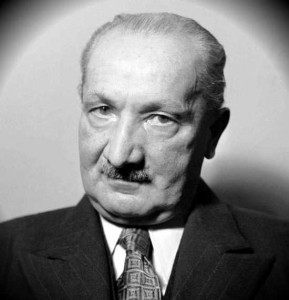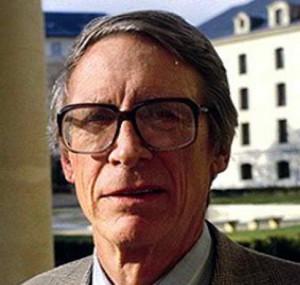 John Rawls is one of the most important western political philosophers of the 20th century whose book “Theory of Justice” is one of the most cited contemporary books in this discipline. In this work, Rawls develops the enlightened idea of the social contract modifying it to the idea of the “original position”, in which any rational individual will choose certain principles of justice.
John Rawls is one of the most important western political philosophers of the 20th century whose book “Theory of Justice” is one of the most cited contemporary books in this discipline. In this work, Rawls develops the enlightened idea of the social contract modifying it to the idea of the “original position”, in which any rational individual will choose certain principles of justice.
First of all, it should be noted that the idea of writing such a work is based on the author’s Continue reading

